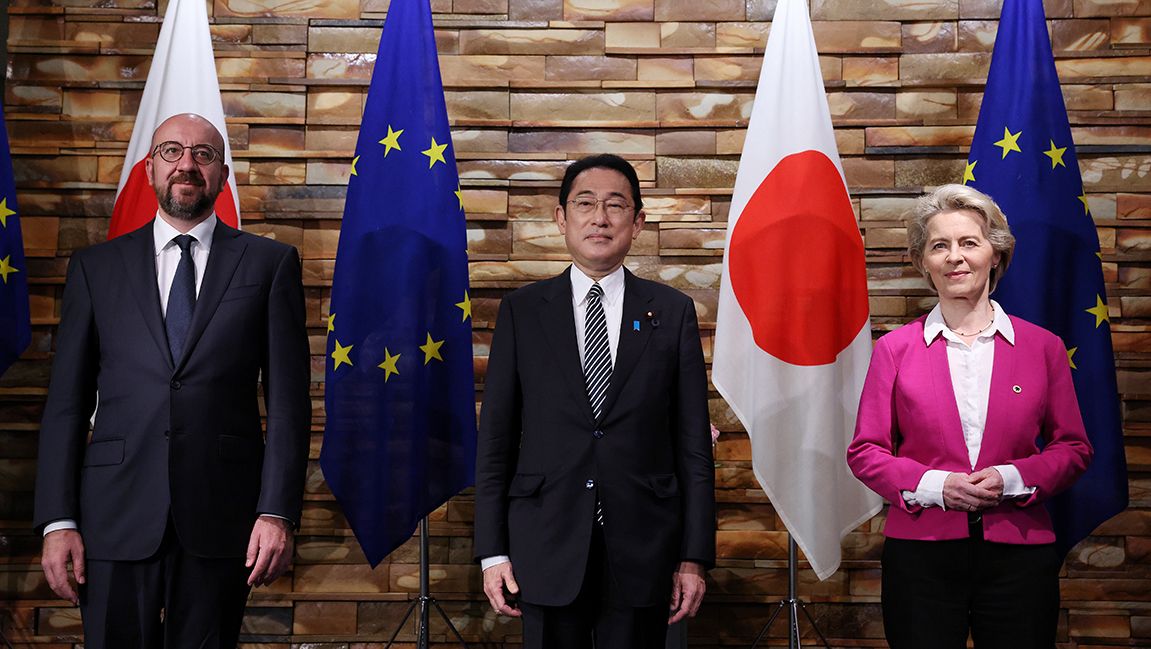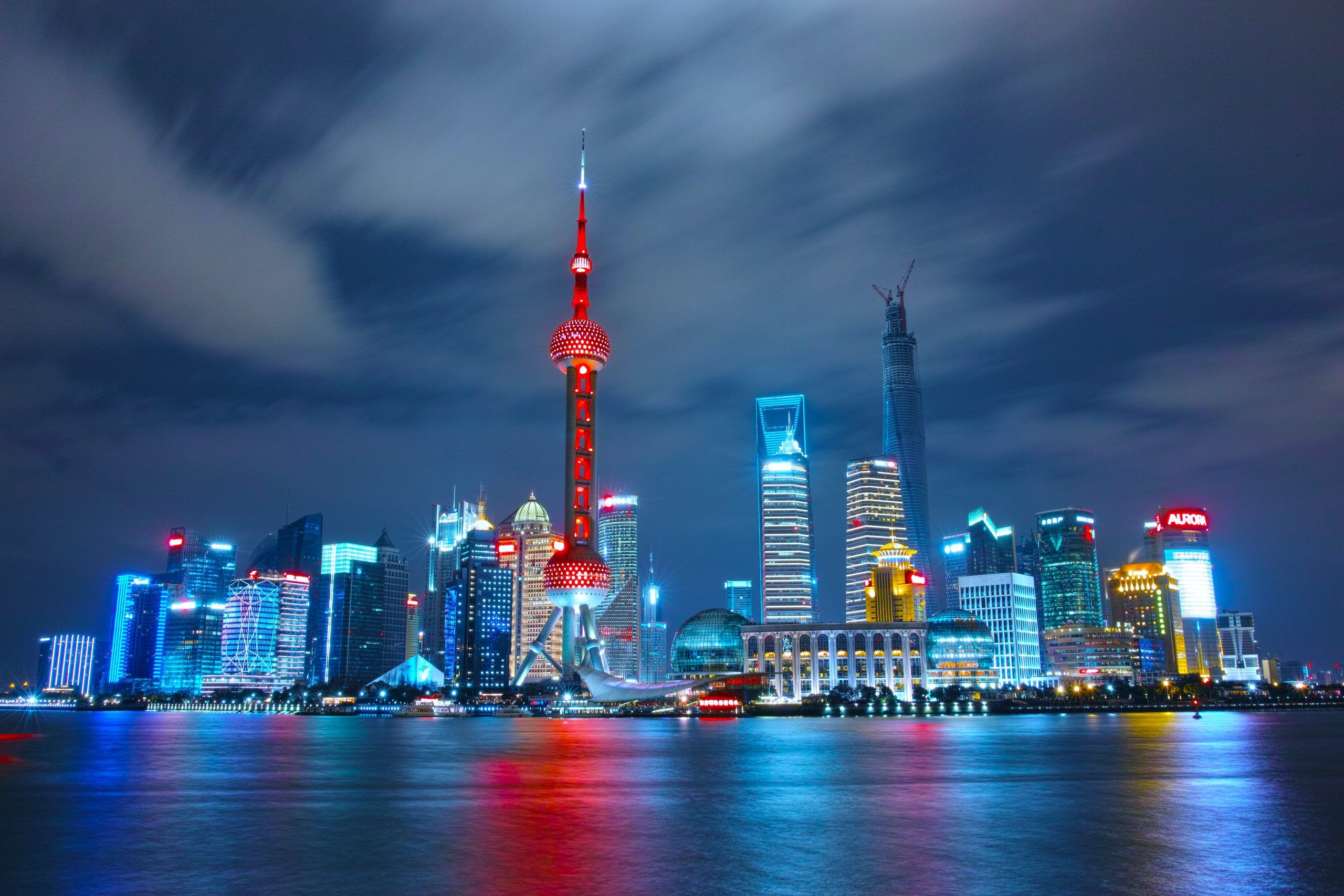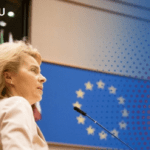Executive Vice-President Valdis Dombrovskis and Vice-Premier Liu He chaired today the 9th EU-China High-Level Economic and Trade Dialogue (HED). Commissioner Mairead McGuinness also participated in the exchanges, in particular on financial services. The HED focused on global economic challenges, disruptions of supply chains caused by COVID-19 and the impact of Russia’s invasion of Ukraine, including on food, energy and financial markets. Parties also discussed bilateral trade and investment concerns and stepping up cooperation in financial services. The EU and China agreed to hold the next HED in 2023.
Executive Vice-President and Commissioner for Trade, Valdis Dombrovskis, said: “The EU and China are key trading partners. The importance of our economies comes with a responsibility to shape joint responses to global economic and trade challenges, such as disruptions in supply chains, global food insecurity, debt relief for the most vulnerable countries and reform of the World Trade Organization. I emphasised that Russia’s war of aggression against Ukraine is creating considerable challenges for global security and economy. I also underlined the need for continued engagement to build more balanced and reciprocal trade and investment relations between the EU and China.”
Commissioner for financial services, financial stability and Capital Markets Union, Mairead McGuinness, said: “EU-China bilateral cooperation in the financial sector is of mutual interest. I am keen on pursuing cooperation in financial regulatory matters, including in green finance, which is crucial for both economies to support efforts to reach our climate targets. I am pleased that we were able to discuss today concrete solutions to facilitate the operations of European financial institutions in China.”

Deeper cooperation between EU and Japan is a vital necessity |
Key topics and outcomes
The EU and China discussed a number of topics and proposals, including:
Concerns related to the world economic outlook. In particular, the EU stressed the importance of EU and China working together to help address the challenges caused by Russia’s aggression against Ukraine. The EU took note of China’s willingness to work together on ensuring the stability of global markets and tackling global food insecurity, including through the export of fertilisers.
The EU also put forward proposals to intensify work on debt relief for low-income countries, both bilaterally and in the G20 framework.
The EU and China welcomed the positive outcomes of the 12th Ministerial Conference of the World Trade Organization (WTO). In that context, the EU and China agreed to work jointly on WTO reform. The EU also emphasised the need to address global distortions, such as in the area of industrial subsidies and overcapacities.
The EU and China agreed on the need to prevent supply chain disruptions and discussed increasing transparency and exchanging information on the supply of certain critical raw materials and other products.
Exchanges on financial services were constructive. This included a commitment by China to ensure that its future domestic regulations will not curtail the ability of European leasing companies to provide services throughout its territory. Both sides welcomed the signature of the Memorandum of Understanding between the People’s Bank of China and the European Securities and Markets Authority which ensures access to the Shanghai Clearing House for European banks. The EU welcomes China’s willingness to assess its Carbon Emissions Reduction Supporting Tool, with a view to a possible participation of EU banks.
The EU raised concerns related to the business environment, including the lack of a level playing field and the growing politicisation of the business environment in China. This is leading EU companies to reconsider their existing operations and planned investments in the country.
The EU reiterated that measures of economic coercion – including against Lithuania – are unacceptable.
Managing the COVID-19 pandemic is a shared priority and both the EU and China have worked hard to protect lives. The EU offered further cooperation and exchanges, and encouraged China to review its ‘circuit breaker’ policy, which hampers air services between the EU and China.
Both sides welcomed enhanced cooperation on animal health and the EU suggested to continue discussions with a view to concluding a bilateral agreement on regionalisation for certain animal diseases.
Background
The EU–China Summit of 1 April 2022 decided that the EU-China High-level Economic and Trade Dialogue would take place before the summer break.
The EU and China are major trading partners: in 2021, China was the third largest partner for EU exports of goods (10.2%) and the largest partner for EU imports of goods (22.4%).
EU imports from China were EUR 363 billion in 2019 and EUR 472 billion in 2021. EU exports to China were EUR 198 billion in 2019 and EUR 223 billion in 2021. This is approximately EUR 1,3 billion per day of imports and EUR 600 million per day of exports, which is EUR 1,9 billion of trade between the EU and China every day.







Leave a Reply